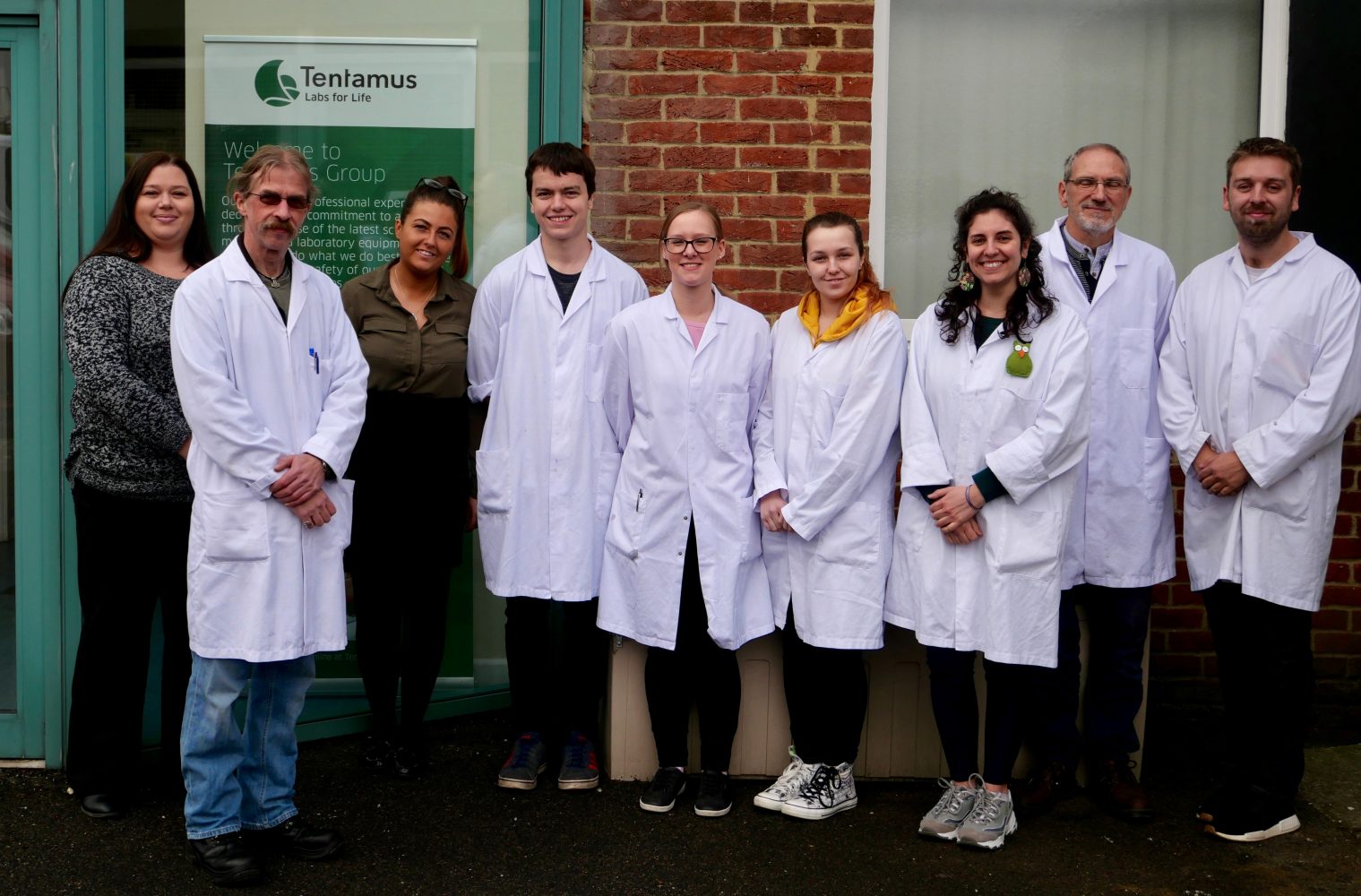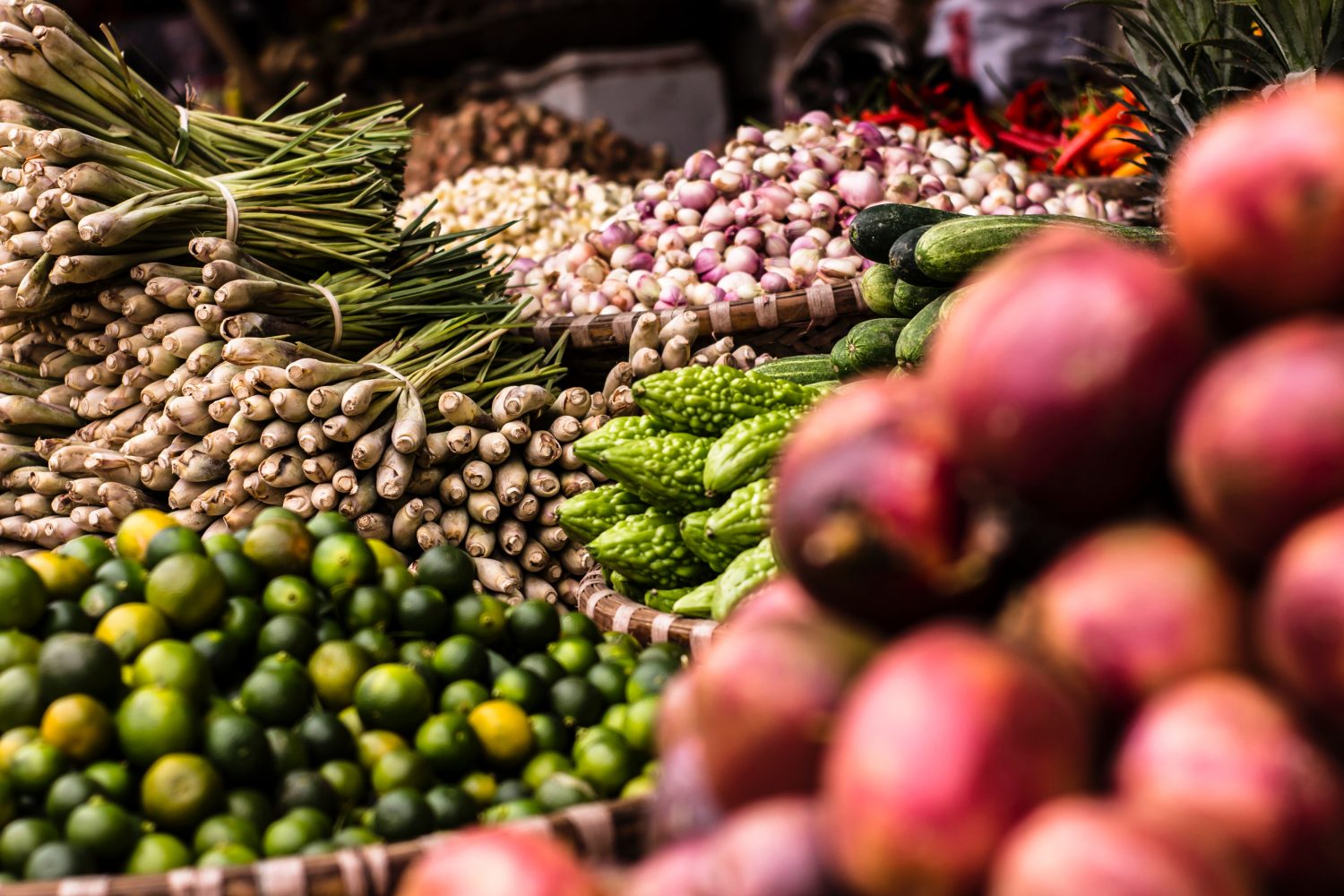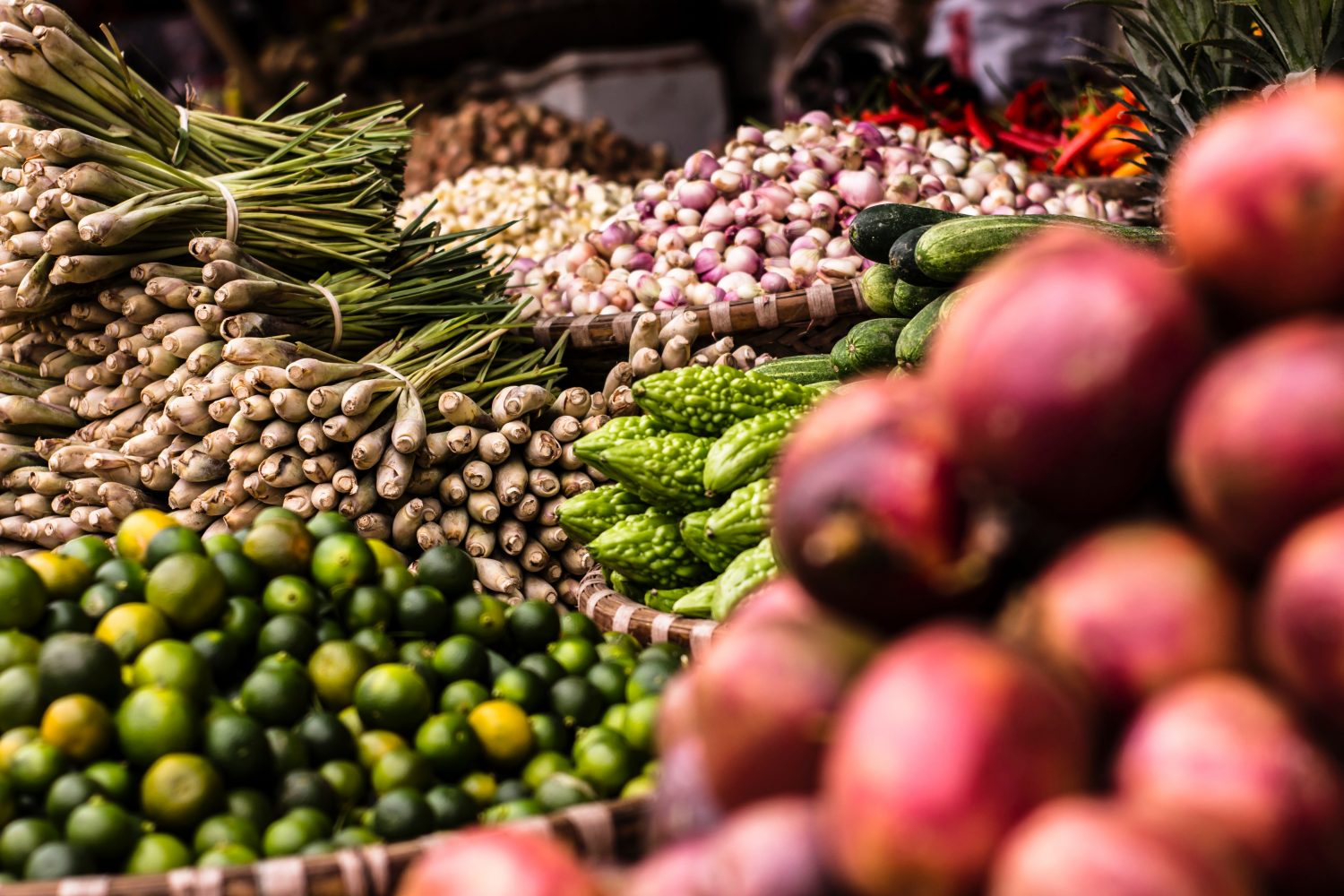Our location at Kent Science Park is ideal, as we are close to many fruit and vegetable producers and importers. This means that we don’t have to transfer samples too far, avoiding any worries about spoilage.
Steven Mann, Tentamus QTS Analytical
Tentamus QTS Analytical specialises in the analysis of pesticide residues, testing fresh produce to ensure that it meets the current European guidelines for the maximum residue levels (MRLs) for safe human consumption.
Tentamus QTS Analytical is a UKAS and ISO 17025 accredited laboratory specialising in the analysis of pesticide residues in a range of foods and beverages, including fresh produce – such as apples, plums, pears, oranges – tea, cereals and even beers and wines. Laboratory Manager Steven Mann explained: “Pesticides are used for many reasons, and our role is to screen for traces of these compounds – looking for residues of anything sprayed on the crops before harvesting – to ensure compliance with the European guidelines on MRLs for safe human consumption. We test a wide variety of imported and exported produce, which can be anything from locally grown fruits to products brought in from Europe, South America or Africa. Our location at Kent Science Park is ideal, as we are close to many fruit and vegetable producers and importers. This means that we don’t have to transfer samples too far, avoiding any worries about spoilage.”
“Typically, we analyse around 700 samples per month, with the workload tending to be seasonal and vary according to what’s being grown or imported at any particular time of the year. For instance, the run up to Christmas will see an influx of samples, with festive favourites such as chestnuts being imported, and a growth in demand for beer and wine. Some customers will approach us wanting a single test carried out for a specific compound, while others only know that their product needs testing and look to us to advise which analyses are necessary for regulatory compliance. We currently test for more than 400 different analytes, usually by GC- or LC-MS or, more recently, by tandem mass spec, which enhances the limits of detection. The number of analytes we offer is constantly growing, and we continue to introduce new technologies into the lab, so that our customers always have access to a high quality residue analysis service,” Steven concluded.
To learn more about Tentamus QTS Analytical, visit www.qtsanalytical.com



